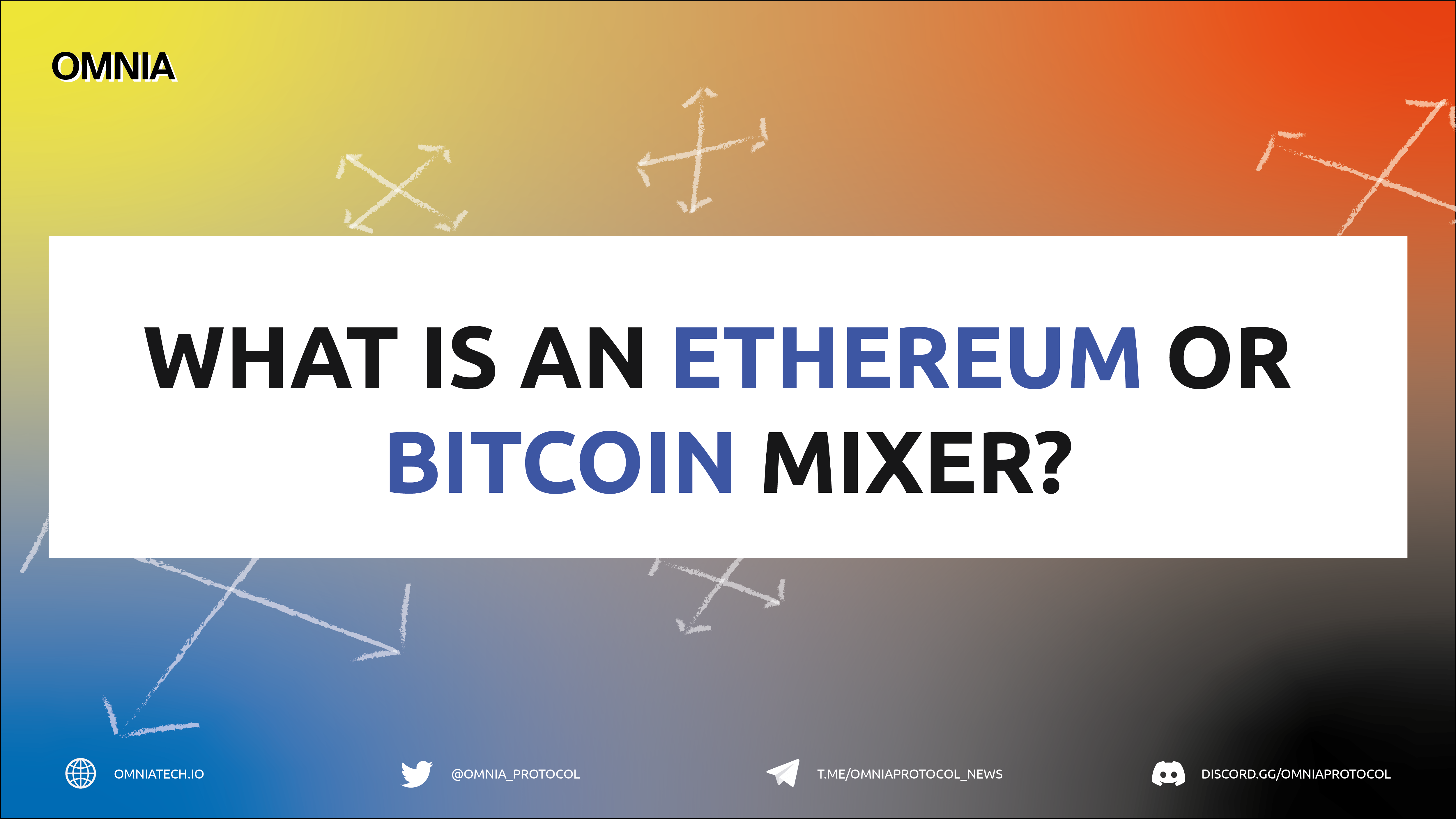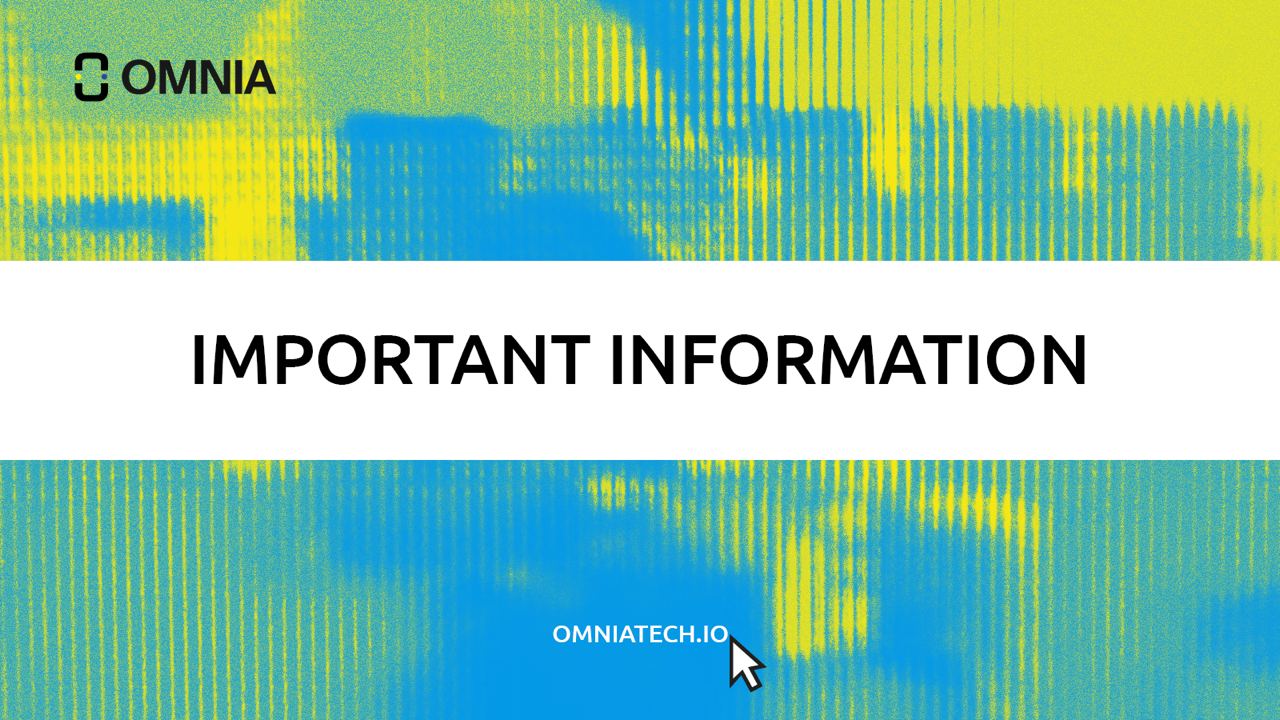
What is an Ethereum or Bitcoin Mixer?
Privacy is a fundamental human right. In the current digital age, savvy individuals can use personal information to carry out malicious attacks on unsuspecting individuals.
The need to protect one’s online presence through privacy becomes more important in the blockchain realm as transactions are immutable and public for everyone with enough know-how to access on-chain information with a few clicks.
Digital assets such as Monero, Zcash, and, most recently, Litecoin provide the on-chain privacy needed for crypto users to have most of their transactional details hidden from public view.
A Simple Explanation of How Bitcoin and Ethereum Mixers Work.
However, the ledgers to the popular cryptocurrencies of Bitcoin and Ethereum remain public, leading to the existence of ‘mixers’ that facilitate on-chain privacy on the respective blockchains.
As the name suggests, Ethereum and Bitcoin mixers more or less break the link between the source and destination addresses. This is usually achieved by pooling funds from multiple inputs during a set time period and then distributing them randomly to destination addresses with no recognizable link to the original sending address.
Mixers also do not store transaction logs, nor do they collect emails.
Consequently, the demand for privacy when transacting using Bitcoin and Ethereum has led to developers building and launching online mixers with a majority charging a small transaction fee for their services.
Misuse of Cryptocurrency Mixers By Criminals and Actions Taken by Authorities.
However, the privacy and anonymity made possible by Ethereum and Bitcoin mixers have led to their use by criminals who want to cover their tracks.
For example, Tornado Cash was the Ethereum mixer of choice for the North Korean hacker group of Lazarus, responsible for the $615 million Axie Infinity Hack. This prompted the Tornado Cash team to block several Ethereum addresses highlighted and sanctioned by the US Treasury’s Office of Foreign Asset Control (OFAC) as belonging to the hacker group.
But this was not enough, as the US Treasury Department has now sanctioned the entire Tornado Cash platform for not implementing measures to mitigate against its mixing services to launder an estimated $7 billion in digital assets since its creation in 2019. The laundered amount includes $455 million stolen by the Lazarus hacker group. Tornado Cash was also allegedly used to launder $96 million from the Harmony Bridge hack and $7.8 million from the Nomad heist.
Therefore, the US Treasury Department prohibited American citizens and companies from interacting with Tornado Cash and its blockchain addresses that are now in the specially designated nationals and blocked person list. As a result, blockchain and crypto companies, such as Alchemy, Infura, Circle, and even Github, have started complying with the sanctions.
Similarly, the US Treasury Department sanctioned the Blender.io Bitcoin mixer for its role in laundering over $20.5 million of illicit proceeds from the same Axie Infinity Hack. According to the US Treasury Department, the Lazarus hacker group used Blender.io ‘to generate revenue for [North Korea’s] unlawful weapons of mass destruction (WMD) and ballistic missile programs.
The US Treasury’s OFAC continues to update the list of sanctioned Ethereum and Bitcoin addresses through its Special Designated Nationals and Blocked Persons (SDN) list available online.
OMNIA’s Commitment to Privacy Compliance.
The above-mentioned use of Ethereum and Bitcoin mixers by criminals brings to light a need for privacy-focused projects such as OMNIA to abide by globally set laws and regulations meant to curb the misuse of such services for illicit activities.
OMNIA’s team is committed to regulatory compliance. It is well aware that full anonymity on the blockchain can be abused for illegal activities such as tax evasion, money laundering, and other non-financial crimes. The team at OMNIA plans to address such concerns by implementing strict measures at the privacy relayers dAPI gateways that provide access to blockchain networks by automatically rejecting transactions linked to illegal activities or addresses from sanctioned lists.
As highlighted above with the US OFAC’s SDN list, open-source lists of sanctioned addresses and on-chain oracles with similar information exist. OMNIA’s team aims to use such information to assess the flow of assets and determine whether the final beneficiary belongs to such a sanctioned list or not, thus easing the compliance part for its clients.


